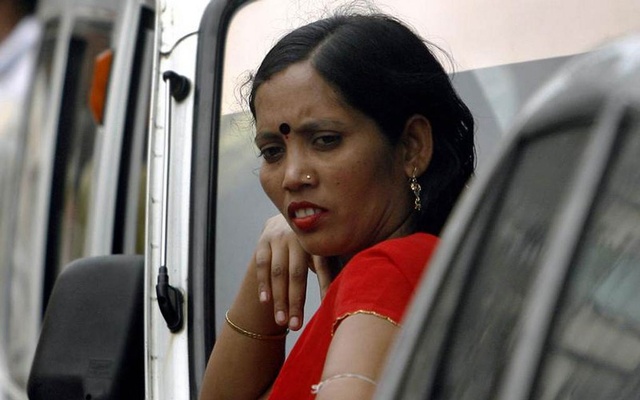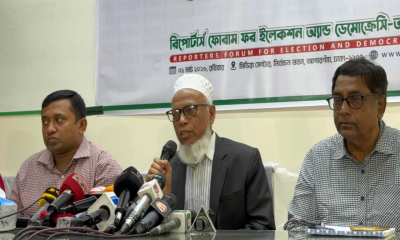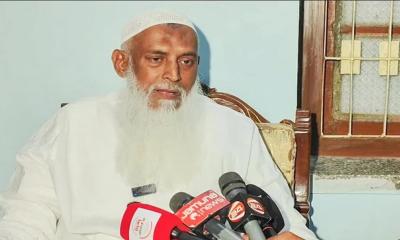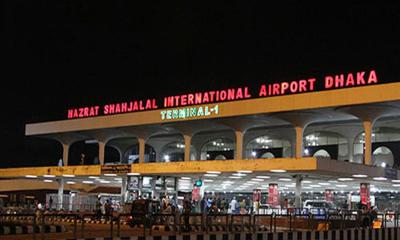The Indian government must enroll sex workers into digital systems that grant access to things like voting and social welfare benefits, the country’s top court ruled, potentially bringing recognition and relief to many thousands of people who have long lived without either.
India’s Supreme Court said Tuesday that the federal and local governments must issue voter and ration cards to sex workers. The panel of three judges also said they should be enrolled in Aadhaar, the biometric system meant to cover the whole country that is often crucial to getting welfare benefits.
“The fundamental rights are guaranteed to every citizen of the country irrespective of his or her vocation,” India’s Supreme Court said Tuesday. “There is a bounden duty on the government to provide basic amenities to the citizens of the country.”
The court was hearing a plea filed by the Durbar Mahila Samanwaya Committee, a collective of sex workers based in Kolkata, the capital of India’s West Bengal state, that highlighted problems faced by sex workers during the coronavirus pandemic. The collective, which said it has more than 130,000 registered members, said that sex workers faced destitution, and it sought relief measures for female and transgender sex workers across India.
“It is great achievement providing citizenry identity to sex workers,” Biplab Mukheerjee, an adviser for the collective, said in a phone interview from Kolkata. “This involves years of struggle and decades of suffering of hundreds of thousands of sex workers in this country.”
Prostitution is legal in India. But running a brothel and other related activities, including soliciting and pimping, are not. Rights groups estimate that India has about 900,000 sex workers. Most, they say, have been pushed into the trade by crushing poverty and sometimes forced into it by human traffickers.
In interviews, two prostitutes said that they went without work during the pandemic, particularly after the government imposed a strict lockdown last year to fight the first wave. That led to an exodus of migrant workers, who they said are the main customers of prostitutes, from the major cities and back to their homes in far-flung places.
One of them, a prostitute in New Delhi with the given name Preeti, said she had been confined to her tiny home, with no money, during the lockdown. She might have died hungry, she said, if not for the gurdwaras, the Sikh temples that provide food for the needy. She asked that her full name not be used because of the stigma surrounding prostitution.
The Durbar Mahila Samanwaya Committee filed its original petition a decade ago as an effort to win protection under the Indian Constitution. In September 2020, the court had ordered state governments to give dry food rations to sex workers, without requiring identity cards, citing an earlier directive.
On Tuesday the court demanded that a status report on the directive be filed within four weeks. In the meantime, it said, governments should provide sex workers with the documents.
Last year, the sex workers suffered a setback after the country’s National Human Rights Commission reversed its earlier decision directing state governments to recognise sex workers as informal workers, entitling them to benefit from a government program for India’s poor during the coronavirus pandemic.
The court then stepped in, telling the government to provide the rations, in response to multiple pleas by advocacy groups after a survey by the collective found that less than half of sex workers benefited from any government food program for the poor. The majority, it said, had gone without work.
Gitanjali Babbar, an activist who works for the welfare of more than 1,000 sex workers in one part of capital New Delhi, said that some of the government and private groups provided food and other assistance, like help paying utilities. But she said that did not help those who struggled to pay rent, school fees for their children and debt payments.
“This not just about subsidised rice, but about dignity. Why can’t sex workers have same benefits as other citizens of the country?” she said.









-20260301064029.webp)








-20260228080513.webp)





-20260224075258.webp)






-20260225072312.webp)
